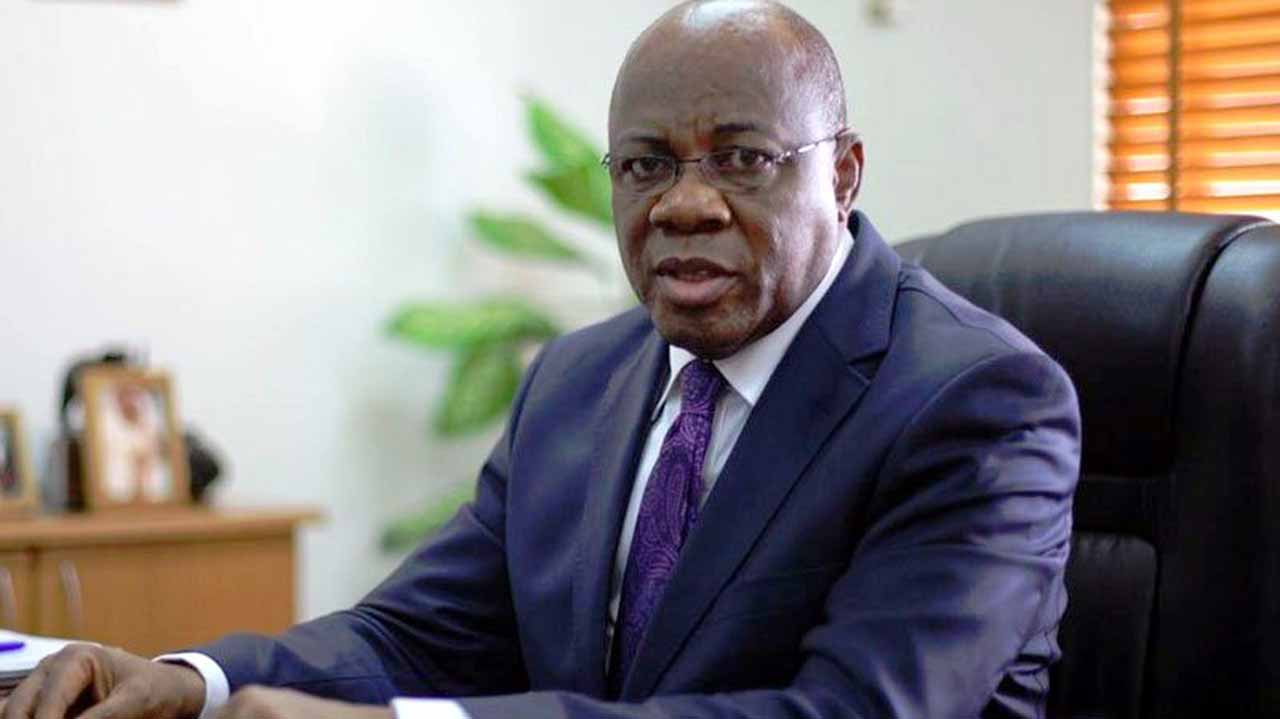
The National Agency for Food and Drug Administration and Control (NAFDAC), on Thursday held a community sensitisation workshop for stakeholders on standard and falsified medicines in Nigeria.
Speaking during the workshop, Director, North-West Zone of the agency, Bala Mshelia, said the workshop was to sensitise the stakeholders on substandard and falsified medicines.
He said that they have become a global problem that presents enormous public health challenges to ‘National Medicines Regulatory Authorities’.
Mshelia said that NAFDAC was maximizing the efforts to curb the menace of such in the state.
He chided the unpatriotic businessmen and women involved in the illegal manufacture, importation, and distribution of substandard and falsified medicines.
According to him, they mostly target medicines with a high volume of use for the treatment of diseases of public health interest.
He added, ”The classes of medicines targeted include: Antimalarials, antibiotics, anti-hypertensives,anti-diabetic agents and lifestyle drugs.”
The director urged the stakeholders to join in the fight to ensure that all drugs were safe for usage.
Mshelia said, “As we proceed with this workshop, let us remember that the fight against substandard and falsified medicines cannot be won in isolation.
“It requires collaboration between government agencies, healthcare professionals, law enforcement, and the public.
”Together, we can create a future where every medicine on the shelf is safe, genuine, and beneficial to the health of our communities.”
In his remarks, the Chairman of the Pharmaceutical Society of Nigeria in the state, Mr Sunday UKoh, appreciated NAFDAC for the timely sensitisation.
He urged that all the stakeholders must have the tools to do the needful.
Also speaking, the Vice Chairman of the Association of Community Pharmacists, Abosede Garba, lamented the prevalence of substandard and falsified medicines.
She said that it was not just a challenge for healthcare professionals but a grave public health concern that affects the lives of millions of people.
Abosede said the counterfeited products jeopardise the health of patients, undermining the credibility of the healthcare system, and threaten the progress made in fighting diseases.
She said, “As front-line healthcare providers, we pharmacists bear a crucial responsibility in combating this challenge and ensuring that only safe, effective, and high-quality medicines reach our communities.
”Community Pharmacists, as trusted healthcare professionals, are uniquely positioned to be the first line of defense against counterfeit medicines.
” Our proximity to the community and our daily interactions with patients give us the opportunity to play a pivotal role in identifying, reporting, and preventing the distribution of substandard products.”
She added that the workshop was a significant step toward empowering them with the knowledge and tools needed to further strengthen their role in the fight.
Abosede commended NAFDAC for its unwavering commitment to protecting public health by tackling the issue of substandard and falsified medicines.
She added, “Your efforts in regulating, educating, and raising awareness are invaluable in safeguarding the well-being of our citizens.
”We are proud to stand shoulder to shoulder with you in this cause.”
She urged Pharmacists to be vigilant, proactive, and steadfast in their commitment to promoting the safe use of medicines.
Abosede said, “By adhering to best practices, fostering strong relationships with regulatory bodies, and educating our patients, we can make a significant impact in curbing the circulation of dangerous, counterfeit products.”






